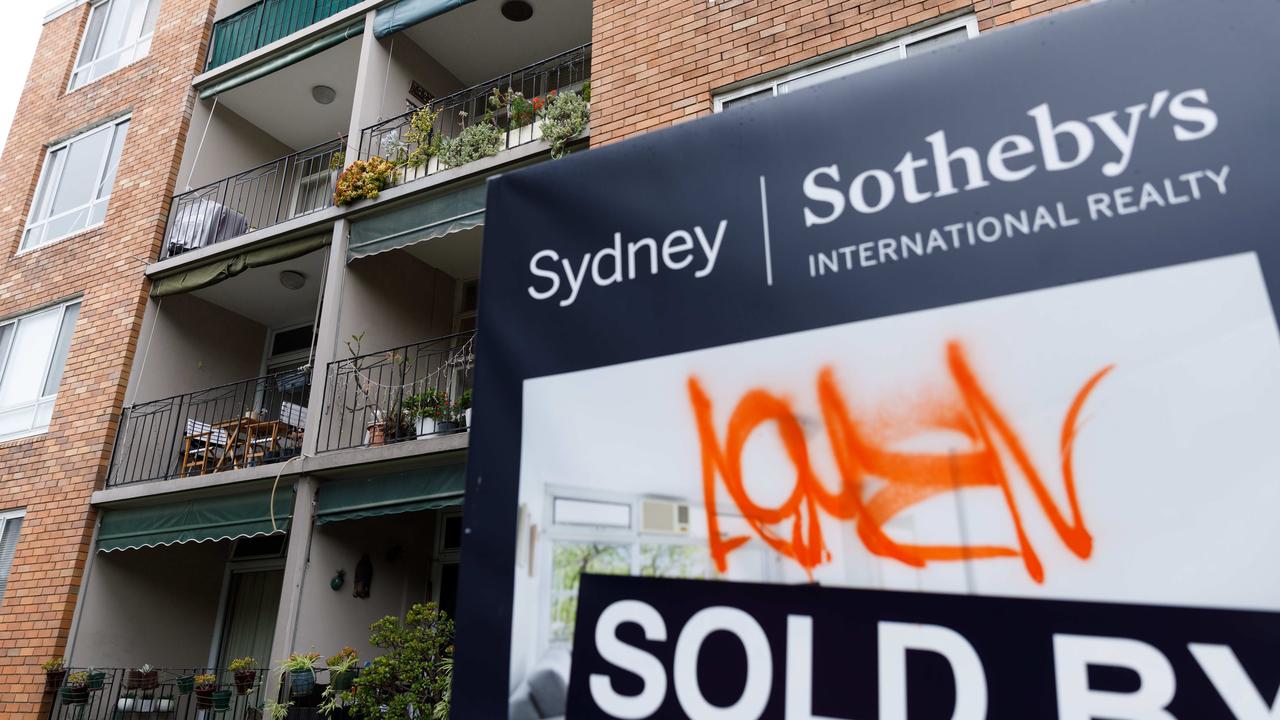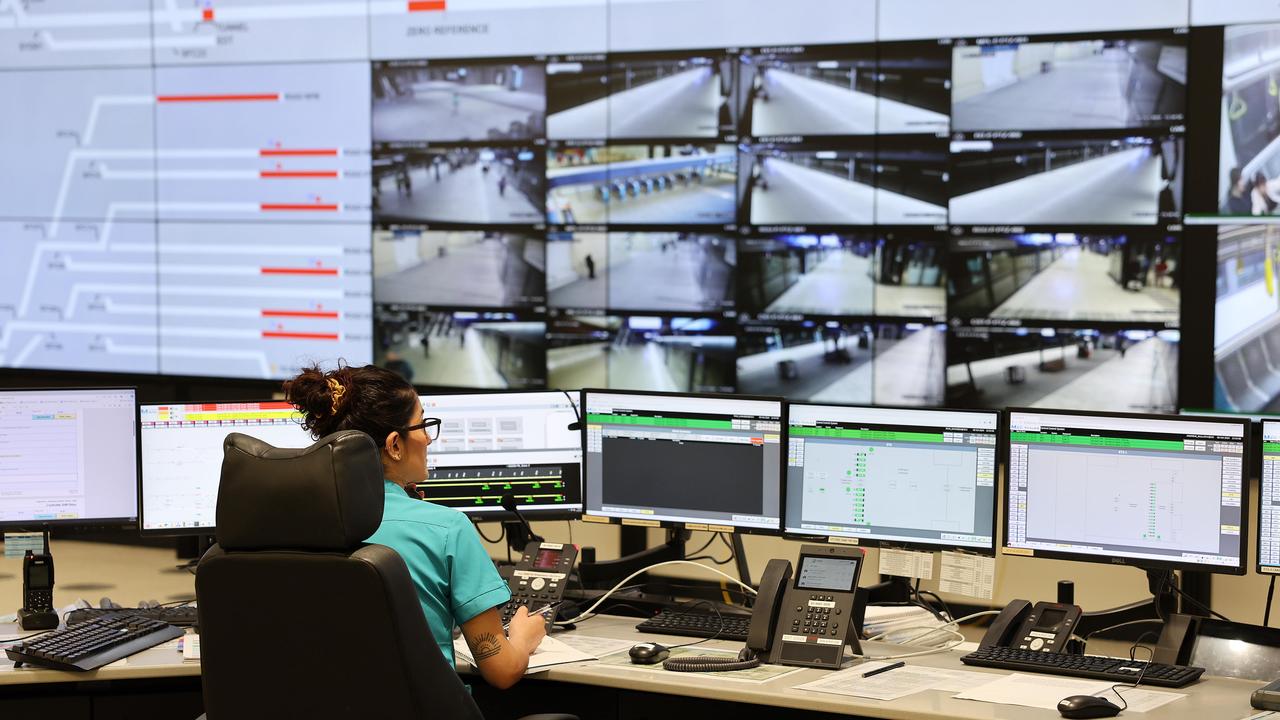Ex-McKinsey boss Dominic Barton may be just the ticket for troubled Rio Tinto
Does Rio Tinto really need a management consultant as the chairman of its board?

Business
Don't miss out on the headlines from Business. Followed categories will be added to My News.
Does Rio Tinto really need a management consultant as the chairman of its board?
There has long been an argument in the resources sector that the world’s biggest mining companies – particularly BHP and Rio – have lost track of their roots. That, at the top, they are long on managers and short on operational experience.
Rio’s Juukan Gorge debacle is often held up as an example of that trend coming home to roost.
The exodus of experienced community and heritage experts over the last decade, along with a generation of skilled and experienced technical and operational managers, was one of the key factors in the chain of poor decision-making that led up to the destruction of the 46,000-year-old heritage sites that wrecked the company’s international reputation and toppled then chief executive Jean Sebastien Jacques and – ultimately – outgoing chairman Simon Thompson. But even before that Rio was struggling. Underinvestment in its flagship Pilbara iron operations, dating back to Sam Walsh’s day, had already cost Rio its prized place as the best and cheapest operator in the Pilbara, with the company’s attempts to make up lost ground another contributor to the Juukan Gorge debacle.
Add to that a toxic relationship with the Mongolian government over the expansion of its Oyu Tolgoi, pressure from China Inc over the long-stalled Simandou iron ore project in Guinea, along with a plethora of smaller problems, and Rio was in a fair bit of trouble even before Juukan.
On top of that, relationships between China, Rio’s biggest customer, and its two biggest operating centres – Canada and Australia – have hit rock bottom.
That is the mess Jakob Stausholm and Rio’s rejigged management team are trying to clean up.
And for Rio’s Pilbara operations, the timing could not have been worse. Record profits from the surging iron ore price have masked the size of the task faced by iron ore boss Simon Trott.
Rio is trying to catch up by building new mines during the pandemic, when closed borders have exacerbated the shortage of skilled labour in key areas, the international supply chain is more fragile than it has been since the end of the Cold War and costs are rising.
Rio, like the rest of the sector, has been forced to train new staff on the fly – electricians, welders, mechanics, engineers – while relocating a substantial portion of its FIFO workforce to WA in response to demands from the WA government.
That has put enormous pressure on Rio’s experienced supervisors and managers on site, at the same time that Trott has been trying to manage a cultural shift and put Rio’s relationships with the communities in which it operates at the centre of its corporate life. That, amid the fallout from Juukan Gorge that led to more management changes, shattered staff morale in Australia, and wrecked Rio’s relationships with traditional owners around the globe – and with sections of the investment community.
If Rio Tinto was a footy team, it would be in a “rebuilding phase”, relying on a few veteran players to carry the midfield as it tries to build a new team capable of winning back the flag. It is, as Stausholm has made clear, an exercise that will take years.
It is against that backdrop that the appointment of former McKinsey boss Dominic Barton as Rio’s new chairman should be considered.
The influence of the management consulting companies like McKinsey over the big miners has also been a matter for criticism within the industry – it is they, in many cases, that delivered the reports that led to the massive waves of cost-cutting and restructuring when the last mining boom ended and commodity prices fell.
But the appointment of Barton could be exactly what Rio needs. As chairman, he can’t deliver a consulting report and then move on to the next job. The Rio board needs to stick it out and deliver the changes it has promised to staff, communities and shareholders.
The clear eyes that come with 30 years of management consulting may be just the thing needed to help steer Stausholm and his new team through a maze of issues.
Barton has a long history of good relationships with China, most recently demonstrated his role as Canada’s ambassador to Beijing, where he helped resolve a major diplomatic impasse over the detention of Huawei chief financial officer Meng Wanzhou and the tit-for-tat arrest of two Canadian nationals in response.
And there are other strategic issues faced by the company that require fresh vision and a new perspective — not least its future in a world faced with the need to rapidly decarbonise. The decision of BHP and Shell to ditch their respective dual-listed structures has put the spotlight on Rio’s own corporate structure.
Should it follow their example? Or go even further and consider a break-up, and split off its dominant iron ore division?
Whatever the answers, Rio’s board has a lot of thinking to do, and Barton will need to do a fair bit of it to make good on McKinsey’s reputation for being the smartest people in any given room.
More Coverage
Originally published as Ex-McKinsey boss Dominic Barton may be just the ticket for troubled Rio Tinto




